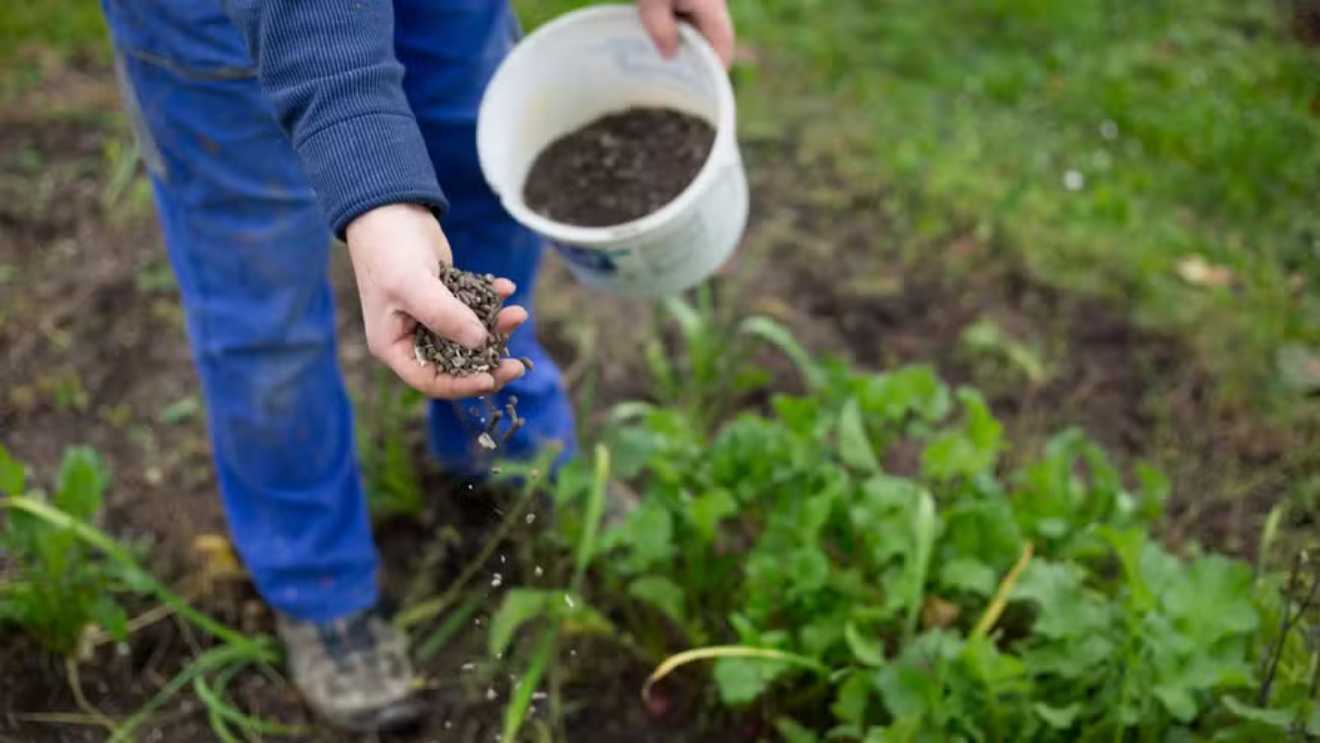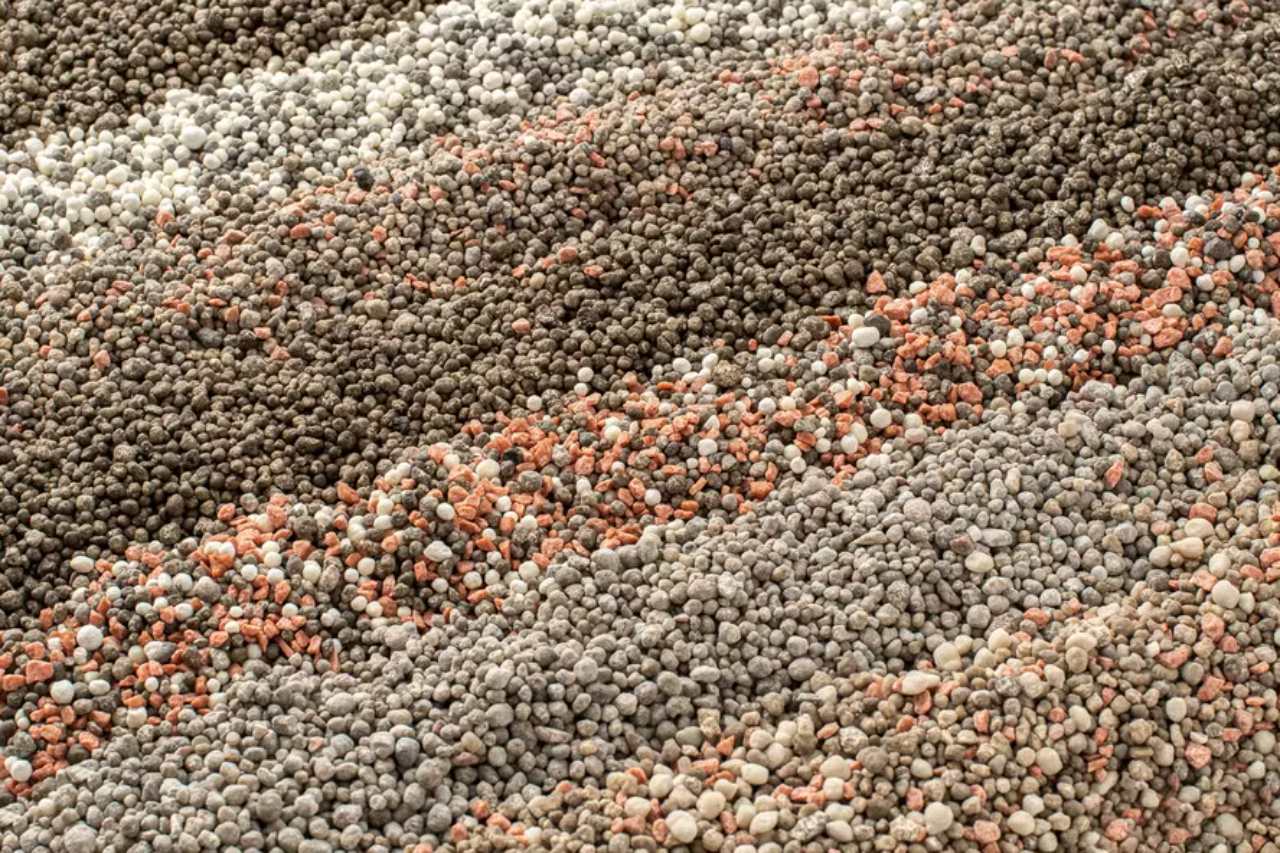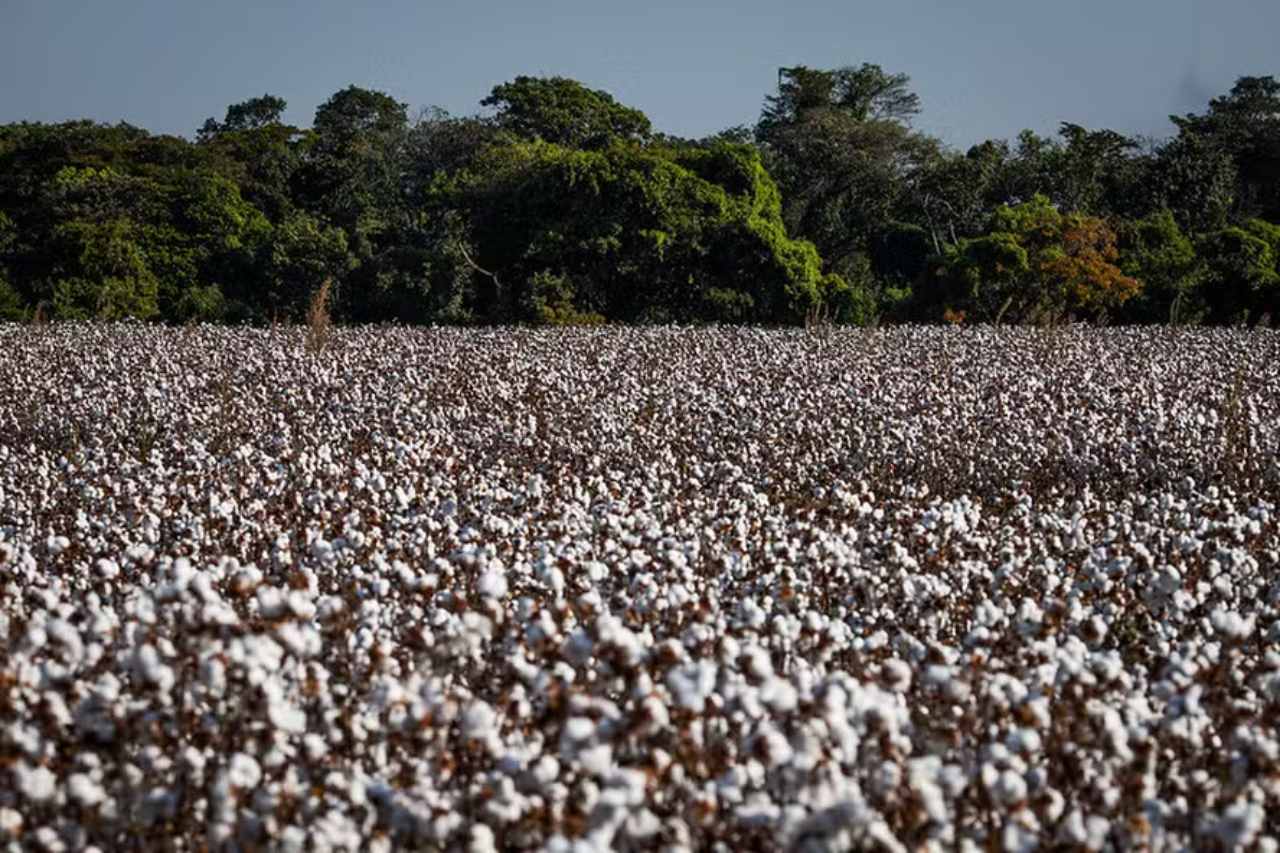Fertilizers are divided into mineral and organic types.
Fertilizing is a crucial practice for growers, whether managing large farms or small gardens. It replenishes soil nutrients, promoting the growth of stronger, healthier, and more productive plants. Here’s how to choose the best fertilizer option for your plants.
What is the Best Fertilizer for Plants?
Choosing the right fertilizer depends on several factors, such as crop type, soil conditions, and the plant’s specific nutrient needs throughout various environmental conditions and growth stages. Here are some key steps to determine the best fertilizer:
- Conduct soil tests to identify nutrient deficiencies or surpluses;
- Understand your plants’ nutrient requirements at each growth stage;
- Select NPK fertilizers that align with your crop’s needs. For example, leafy greens thrive with higher nitrogen levels, while flowering plants may benefit from more phosphorus;
- Consider the environmental impact of the fertilizer. Synthetic nitrogen-based fertilizers can contribute to greenhouse gas emissions and water pollution.
Even with the correct fertilizer type, applying the right amount is essential. Using the appropriate dosage helps prevent soil salinization, nutrient leaching, and other harmful effects of over-fertilizing, as advised by Embrapa (Brazilian Agricultural Research Corporation).
What Are the Types of Fertilizer?
Fertilizers are categorized into two types: organic and mineral. Both play an important role in correcting, maintaining, or restoring soil fertility by supplying essential nutrients, enabling better plant development, according to the International Fertilizer Association (IFA). Let’s explore the differences between them.
Mineral Fertilizers
Mineral fertilizers are derived from mineral extraction or petroleum refining. It’s important to apply these fertilizers only after a laboratory soil analysis to determine specific needs.
This is because nutrients like potassium, phosphorus, and nitrogen behave differently in the soil and play distinct roles in plant development. Brazil’s Ministry of Agriculture and Livestock warns that improper use of mineral fertilizers could harm crops.
For example, corn crops often require mineral fertilizers. Corn depletes large amounts of nitrogen from the soil, making nitrogen-based fertilizers necessary to maintain optimal yields.
Organic Fertilizers
Organic fertilizers are made from plant or animal-based materials and are nutrient-rich with relatively low costs.
For large-scale farming, it’s important to note that organic sources may not supply all nutrients in balanced proportions, meaning mineral fertilizers might still be needed.
Organic fertilizers should be applied 15 days before planting to allow the soil enough time to absorb the nutrients. For home gardening, organic fertilizers are highly beneficial since they are easy to find and apply.
Choosing the right fertilizer helps ensure healthy, productive plants while minimizing environmental impact. Whether you opt for mineral or organic solutions, understanding your crops’ needs and applying the correct dosage are key to achieving sustainable growth.





